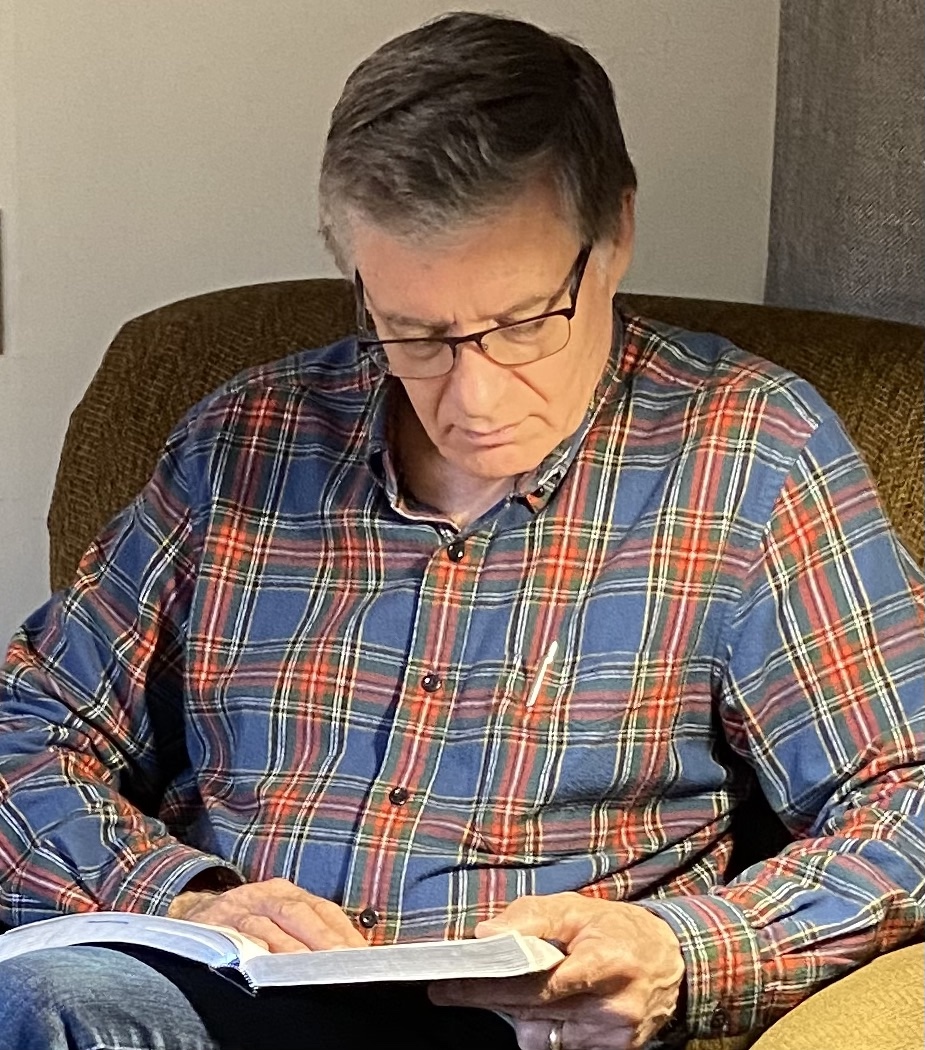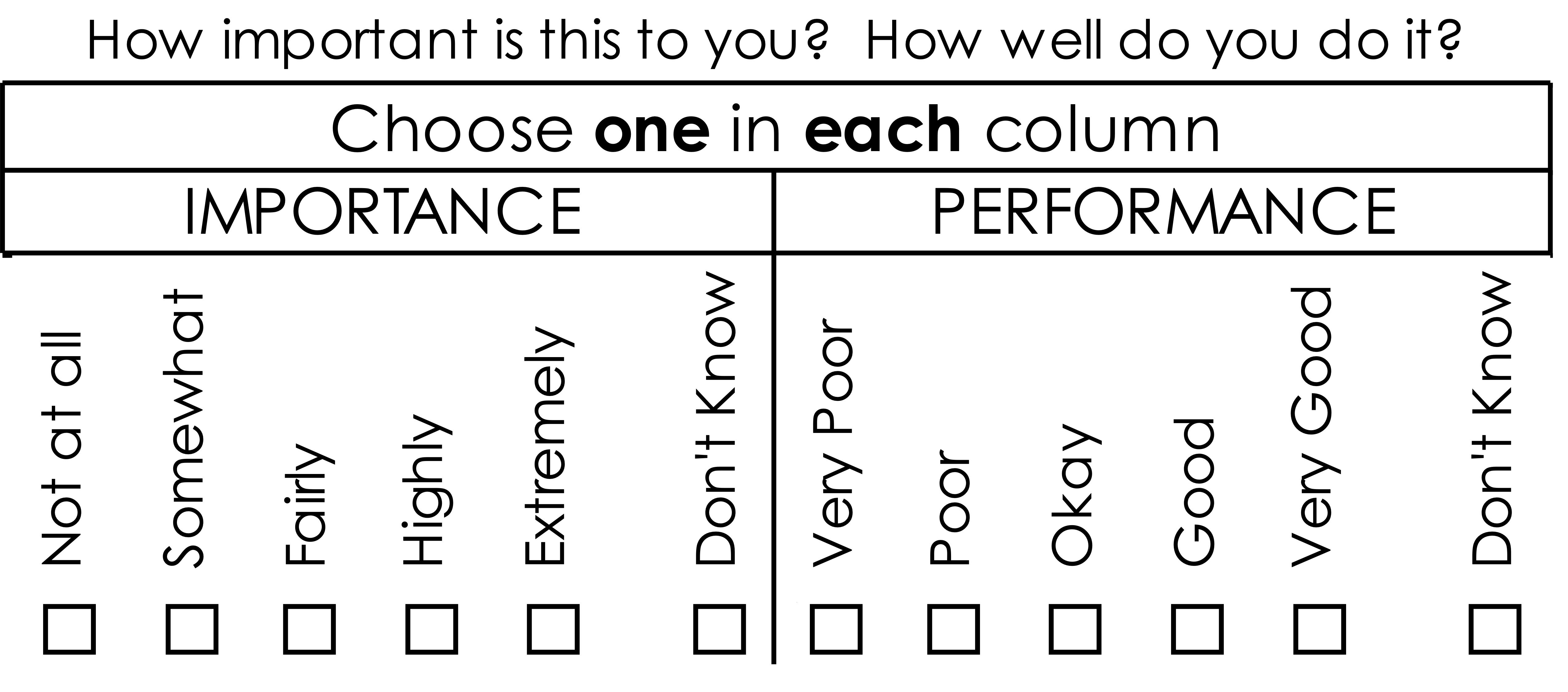Start Planning Out Your Day
- Home
- Basic Productivity Skills
- Planning Out Your Day
If you don't already, start planning out your day.
People who organize get more done. If one minute of planning saves ten minutes of effort, six minutes of planning has added one more usable hour to your day. Effective people know this and take action on it.
Planning allows you to group events that have something in common – making telephone calls, doing out-of-office business, meeting clients.
Planning increases confidence. You control your time instead of your time controlling you. That sense of control has the potential to increase your effectiveness throughout the day.
"We need not fear that managers whose foresight in planning and determined delegation brings them dividends of extra time, will have difficulty in deciding how to spend those bonus minutes. The most important of their unstarted projects will be waiting, ready to go."
Ted Engstrom, Alec Mackenzie, Managing Your Time
Five Days of Coaching for Planning Out Your Day

DAY ONE
Take time today to actually pause and plan. Very intentionally set some time aside to think about what you want to accomplish and what steps need to be taken to make it happen. I've you've never carved this time out before, it may be challenging at first. But, you CAN do it.
The Coach asks:
- Some executives and leaders find they do their best planning at the end of the day just completed. Others take time first thing in the morning. When planning out your day, what time seems to work best?
- What will you need to shift in order to create this time for thinking through and planning for your day?
- What obstacles do you regularly encounter when trying to plan your day? What can you do about them?
- How serious are you about regaining as much control of your own schedule as is practically possible?
DAY TWO
When it comes to your role as a leader, executive or professional, purpose to never again begin your day without some sort of a thought-though plan. Obviously, you can't control everything, but be intentional about never again running wildly into the day without knowing what needs to be accomplished and answering the basic questions of how that will happen. This is a major crossroads that can make the difference between mediocre performance and effective leadership.
The Coach asks:
- How often have you been "caught without a plan?"
- What feedback have you received from others about your ability to plan?
- Remember a time when you planned well. What were the results? What worked? What is transferable to your current role and situation?
- If YOUR days are well planned out, how might that affect the rest of the team? The whole organization? Other stakeholders?
DAY
THREE
Don't be confused: quality planning is not the same as micromanaging. The time taken to think through even the simplest plan, to organize in even the most basic way, will reap dividends in saved time, greater confidence, better results and more achievements. Remember this moving forward.
The Coach asks:
- How valuable would feeling more confident be to you?
- When you plan, how prone are you to micromanaging?
- What level of detail in planning are needed by those seeking guidance from you?
- What are you going to do with saved time? Better results? More achievements?
DAY FOUR
People who know where they are going generally get there faster. Walk taller today because you have a plan and you are working within it. You've made a significant attitude shift and it will reap rewards in the weeks and years to come.
The Coach asks:
- What benefits have you experienced already from being more intentional around planning out your day?
- What will it take to make this a permanent habit?
- How willing are you to do what it takes to make this a permanent habit?
- What have you learned about yourself in this process?
DAY FIVE
Today, think about how you can improve your planning time. Is there something you need to learn or a skill you need to add? Take time to do the necessary research to add that knowledge or skill to your toolbox. Become an increasingly better planner.
The Coach asks:
- What tool, learning, or skill might make your efforts even that much easier?
- What further research or learning would you like to take advantage of in the near term?
- It's worth asking again. How has your view of your ability to plan your day shifted since starting to pay greater attention to this practice?
- If you can make a shift in this very practical area, you can create gains in other areas as well. Where will this newfound confidence take you?
There is a Time for Everything

As a Christian Executive Leadership Coach I encourage any Christian leaders to reflect on God's Word to add to their wisdom.
- Ps 20:4 May he give you the desires of your heart and make all your plans succeed.
- Lk 9:51 As the time approached for him to be taken up to heaven, Jesus resolutely set out for Jerusalem.
- Eph 5:15,16 Be very careful, then, how you live, not as unwise but as wise, making the most of every opportunity, because the days are evil.
- Pr 16:3 Commit to the Lord whatever you do, and he will establish your plans.
- Ps 143:8 Let the morning bring me word of your unfailing love, for I have put my trust in you. Show me the way I should go, for to you I entrust my life.
- Ecc 3:1 There is a time for everything, and a season for every activity under the heavens ..
- Pr 19:2 Desire without knowledge is not good, how much more will hasty feet miss the way.
If you are a leader, executive, or senior level professional looking to work with a Christian Executive Coach, I invite you to connect with me here.
If appropriate, we can meet by phone or Zoom to discuss your situation.
Record Your Progress
This is your opportunity to track your progress. Start by asking yourself how important this practice is to you? Record the importance as - not at all, somewhat, fairly, highly or extremely.
Now next to it ask yourself how well you carry out this practice. Record your performance as - very poor, poor, okay, good or very good.

The things we track, we pay attention to. Across time, come back and record your new results. You will find that as you are intentional about making improvements, you will bump your "score" up higher.
This is significant. Don't miss the opportunity to acknowledge your success, and use it as a springboard for making even further gain.
Notes
There are no end of books, podcasts, articles and courses on time management and daily planning. You'll find lots of really practical advice, tips and insight if you do an online search.
Regularly looking into the topic might yield a lot you already know and practice. But it will serve to keep your practice of planning out your day, top of mind and well established as a significant habit that yields good reward.
Contact me here Privacy Policy
© G.E.Wood and Associates. All Rights Reserved in all media.
G.E. Wood and Associates is an international coaching firm registered in Ontario, Canada
142 Pratt Crescent, Gravenhurst, Ontario, Canada, P1P 1P5